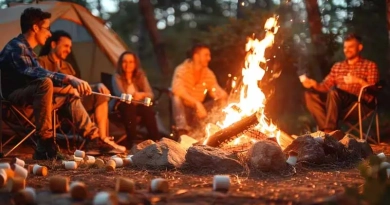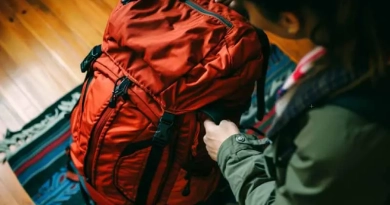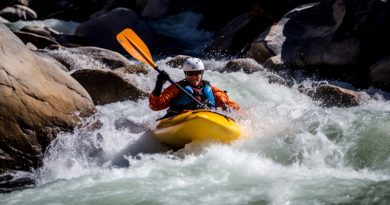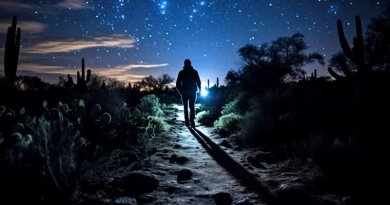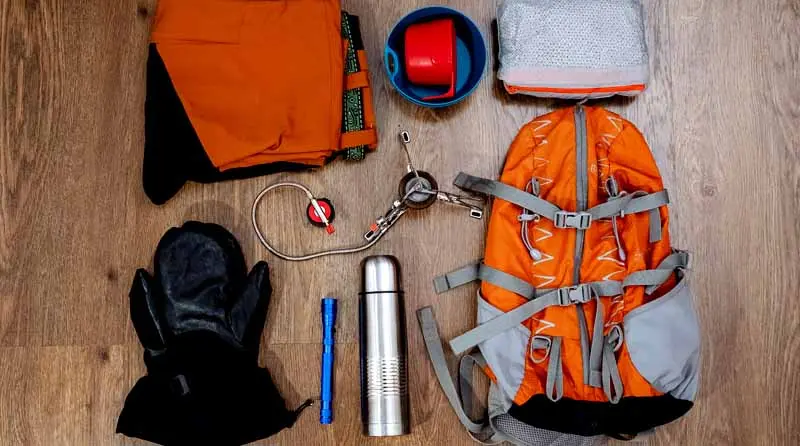
What are the best lightweight hiking gear options?
In the quiet before dawn, as the world stirs awake and the first light creeps over the horizon, I find myself preparing for another journey into the wild. My thoughts, as often as the trails I tread, turn towards the gear that I will carry. The question is not just one of necessity but of burden: what are the best lightweight hiking gear options that can lighten my load without sacrificing the essentials?
The Terrain of Choices and Challenges
Choosing lightweight hiking gear is an exercise in balance and foresight. The market offers an array of options, each promising to be the ultimate solution for the savvy trekker. Yet, the challenge lies not in the availability of options, but in discerning which choices will truly enhance your hiking experience without becoming a hindrance.
Options:
- Ultralight Backpacks: These are designed to be as light as possible while still being functional.
- Compact Sleeping Systems: From ultralight sleeping bags to minimalist pads.
- Lightweight Tents: Options include single-wall tents and tarp tents that reduce weight without compromising shelter.
- Cooking Gear: Ultralight stoves and cookware that are easy to carry and quick to set up.
Obstacles:
- Durability vs. Weight: Often, the lighter the gear, the more delicate it can be.
- Cost: Lightweight technology often comes at a premium.
- Weather Suitability: Ultralight gear may not always be the best choice for harsh conditions.
The Lightest Load to Carry
After years of hiking and countless miles underfoot, I’ve found that the key to lightweight travel is not just in choosing the right gear, but in knowing how to use it effectively.
Step-by-Step Guide to Choosing and Using Lightweight Gear:
- Evaluate Your Needs: Consider the type of hiking you plan to do. Is it a day hike, a weekend excursion, or a long-distance trek? The duration and environment will influence your gear choices significantly.
- Start with the Big Three: The backpack, shelter, and sleeping system are often the heaviest items. Opt for an ultralight backpack with a capacity appropriate for your trip. Choose a tent or shelter that is easy to set up and suits the climate you’ll be hiking in. Pick a sleeping bag or quilt that offers comfort within the lowest temperature you expect to encounter.
- Focus on Multifunctionality: Choose gear that can serve multiple purposes. For example, a hiking stick that doubles as a tent pole, or clothing that can layer well for various weather conditions.
- Test Your Gear: Before embarking on a long journey, take your lightweight gear on shorter trips. This allows you to adjust to the nuances of using less robust materials and to tweak your packing list as needed.
- Pack Smart: Packing efficiently can save weight. Compress your sleeping bag, wear your heaviest shoes and jacket instead of packing them, and meticulously plan your food and water supply.
Essential Tools and Resources
To successfully transition to lightweight hiking, you might need a few key resources:
- Scale: To weigh your gear and keep track of reductions.
- Expert Reviews and Forums: Sites like OutdoorGearLab or Backpacking Light offer in-depth analyses and user experiences with lightweight gear.
- Local Hiking Clubs or Groups: These can provide firsthand advice and may offer gear swaps or trials.
The Journey Concludes
Choosing the best lightweight hiking gear is akin to crafting a fine story—it requires thought, preparation, and a touch of creativity. Each piece of gear, from the lightest pack to the sleekest tent, plays a part in the narrative of your adventure. With the right preparation, the burden on your shoulders will lessen, allowing you to move faster, travel farther, and explore deeper.
As I pack my bag for the next expedition, I do so with a lighter load and a keen anticipation for the trails ahead. The journey is long, the path sometimes uncertain, but with every step taken with my lightweight gear, I’m reminded that the best stories are found not at the end of the road, but along the way.

